Click ">" to open the menu |
annual meeting 2021
"The Fierce Urgency of Now”
Archives Responding in Times of Upheaval
NOTE: this page was updated, and sub-pages were removed in September 2025.
May 10-14, 2021
The all-virtual conference offers a pre-conference workshop, daily all-attendee gatherings, papers presentations, panel discussions, and networking opportunities of your own design within the Whova conference platform. The theme asks us to consider how we, as archivists, respond to societal issues of anti-racism and white supremacy, the impact of a deadly pandemic, economic strife, and increasing threats from climate change on communities represented in our collections.
Conference Opening Plenary
Monday, May 10, 3:00-5:00 pm Pacific
We are Each Other's Business: Archiving with intention in Ever Changing Times
Speaker Tracy Drake, Reed College Archivist and Co-founder of The Blackivists
Location: Where ever you are! This is NWA's first all virtual conference, via Whova, our virtual conference platform. Once you've registered for the conference, you'll receive an email with instructions on how to log-in to Whova. The Whova URL is: https://whova.com/portal/webapp/naac_202103/
Dates: May 10-14th, 2021
Schedule: Preliminary Schedule (At-A-Glance)
Registration fees:
-
NWA members: Free
-
Non-members: $50
Conference Program: Final Program PDF
Free Pre-Conference Workshop: Liberated Archives for Black Lives - hosted by Don't Shoot Portland, Monday, May 10, 9:00-11:15 am Pacific.
All-attendee Program: Native American Collections Roundtable hosts a panel discussion on the NARA Seattle Closure ~ Not so fast! Responding to the proposed closure and removal of the National Archives repository in Seattle ~ moderated by Gena Peone on Thursday at 3:00 pm Pacific.
Tours: The Local Arrangements Committee welcomes you to virtual tours of repositories around the host locale of Washington's capital city, Olympia! .
All-attendee Reception: BYO tasty snacks and drinks!
Program Committee Chair
Alex Bisio, University of Oregon Libraries
Local Arrangements Committee Chair
Charles Hilton, Washington State Archives
Planning committee members
Planning the Annual Meetings would not be possible without the work of NWA volunteers. Below are the planning committee members for the 2021 NWA Annual Meeting.
2021 Program Committee Members
Alex Bisio (chair), University of OregonConor Casey, University of WashingtonSteve Duckworth, Oregon Health & Science UniversityAnne Foster, National Park ServiceZoë Maughan (student rep), Oregon Health & Science UniversityGena Peone (Native American Roundtable rep), Northwest Indian Fisheries CommissionSara Piaseki, National Park ServiceAmy Thompson, University of Idaho
2021 Local Arrangements Committee Members
Charles Hilton (chair), Washington State ArchivesDana Bronson, Whitman CollegeAdriana Flores, University of Puget SoundLiza Harrell-Edge, The Evergreen State CollegeAnna Trammell, Tacoma Public Library
Alison Sielaff, Washington State Archives
Josh Smith, Pacific Lutheran University
Free Pre-Conference Workshop
Liberated Archives for Black Lives - hosted by Don't Shoot Portland
Monday, May 10, 9:00-11:15 am Pt
Liberated Archives for Black Lives centers education and documentation for preservation, art and history. Through our partnership with the City of Portland Archives, Don’t Shoot Portland has been able to gain access to informational archives and relate them to our current systems - these educational assets are vital to sustaining social change. Participants of this webinar will learn how to connect with communities to build dialogue regarding the importance of local preservation of Black Civil Rights. They will learn from our workshop the types of events, materials and community partnerships we have used and ways to develop these relationships for the direct benefit of community access. The intended audience for this webinar would be archivists, historians, librarians, artists, activists, community educators and organizers.
Presenters:
Teressa Raiford is the founder of Don’t Shoot Portland, a Black-led community driven nonprofit in Portland, Oregon, that advocates for social change in the spaces of racial justice and law enforcement accountability. Don’t Shoot Portland has been a leading force in the Black Lives Matter movement and protests for racial justice in Portland since 2014. Since George Floyd’s murder and the following uprising, Teressa has been on the forefront, filing a class action lawsuit against the city of Portland and suing the Trump administration for the federal response of those defending the general populaces’ right to protest. Don’t Shoot Portland also published an in-depth report on Riot Control Agents in June, illustrating the irreparable harm caused by RCAs during the COVID-19 respiratory pandemic. Don’t Shoot Portland has been archived into the Library of Congress as a significant documentation of anti-racism work in American history.
Who should attend:
Everyone interested in learning about partnering with community groups, social media based archives, anti-racism activism through archives, and archival documentation of Black Civil Rights.
The workshop is offered in conjunction with the Northwest Archivists 2021 Virtual Annual Meeting. We welcome the public to join us for this pre-conference event. For general public registration
Join us for this pre-conference workshop!
Monday, May 10 at 9:00 am Pacific
The pre-conference workshop is part of the
2021 NWA Annual Meeting: "The Fierce Urgency of Now" Archives Responding in Times of Upheaval.
Offered free to all registered conference attendees.
Open to the general public for $10.
2021 Conference Keynote Address
We are Each Other's Business: Archiving with intention in Ever Changing Times
Tracy Drake, Reed College Archivist and Co-founder of the blackIvists
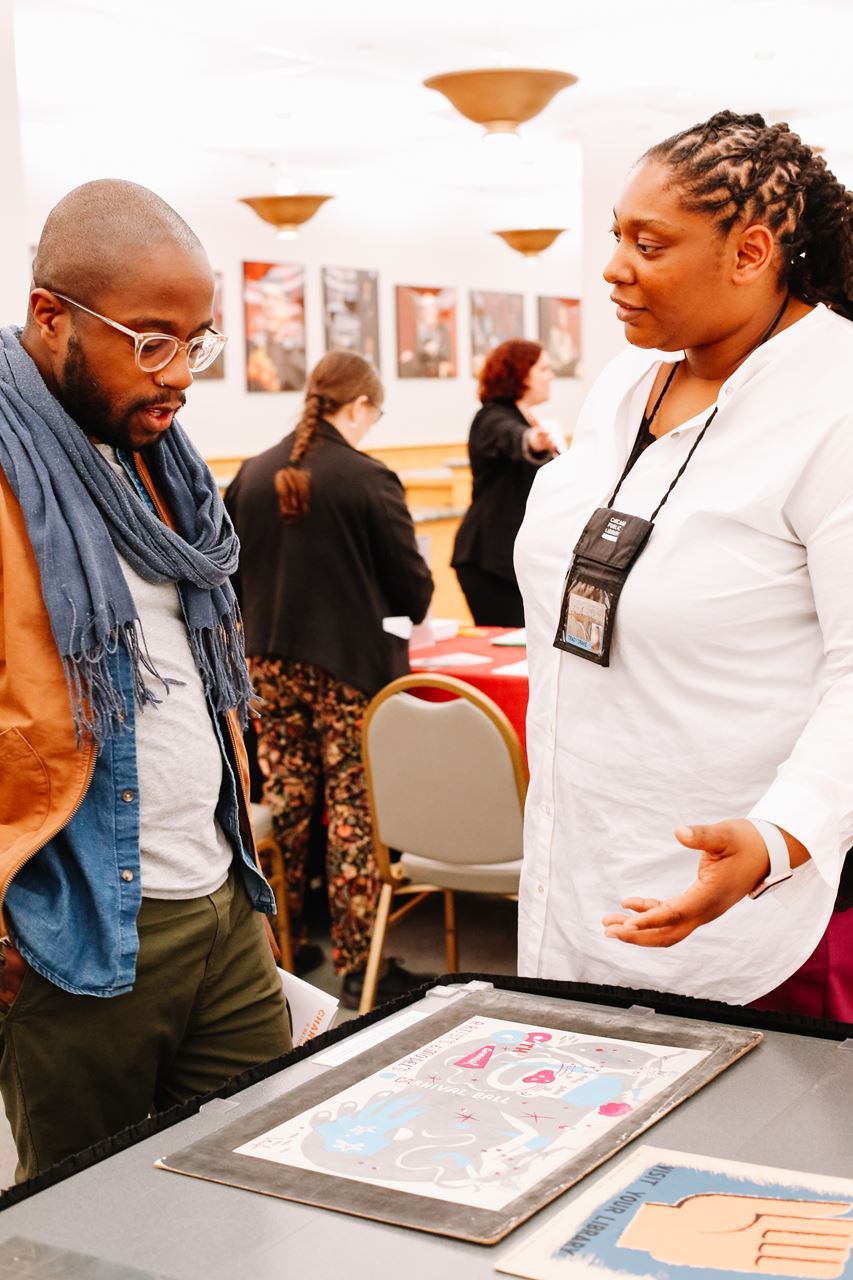 In this heightened time of social injustice, librarians, archivists, and curators are collaborating with communities and organizing groups to select and preserve materials related to the uprisings and Covid-19 in real-time. However, a lack of communication may lead to a disconnect between the records and items archivists choose to historicize and the materials valued by the creators themselves. With the move towards both critical information literacy and community-centered archives, cultural heritage and information professionals have been called to further interrogate our role as collectors and catalogers of materials. We know that the preservation and description of objects, records, and ephemera ascribe historical meaning, are culturally bound, and impact understanding beyond our lifetime. As such, archivists have a responsibility to work with intentionality. Using examples from my personal archival experience, from my work as a Blackivist and from the work of other cultural heritage professionals I will highlight the ways we can contribute to social justice in archival work by practicing an ethics of care, considering environmental concerns, responsibly documenting marginalized communities and showing radical empathy.
In this heightened time of social injustice, librarians, archivists, and curators are collaborating with communities and organizing groups to select and preserve materials related to the uprisings and Covid-19 in real-time. However, a lack of communication may lead to a disconnect between the records and items archivists choose to historicize and the materials valued by the creators themselves. With the move towards both critical information literacy and community-centered archives, cultural heritage and information professionals have been called to further interrogate our role as collectors and catalogers of materials. We know that the preservation and description of objects, records, and ephemera ascribe historical meaning, are culturally bound, and impact understanding beyond our lifetime. As such, archivists have a responsibility to work with intentionality. Using examples from my personal archival experience, from my work as a Blackivist and from the work of other cultural heritage professionals I will highlight the ways we can contribute to social justice in archival work by practicing an ethics of care, considering environmental concerns, responsibly documenting marginalized communities and showing radical empathy.

Tracy S. Drake (she/her) is an archivist, historian, researcher and co-founder of the Blackivists, a collective of trained Black memory workers who provide expertise on archiving and preservation practices to communities in the Chicagoland area. She is the inaugural archivist at Reed College, focused on acquiring, preserving, and providing access to the historical and cultural records of the college. As an information professional, Tracy strives to provide equitable access to the counter stories of the Black experience thereby challenging the dominant narratives present in many U.S. archives. She believes collecting such counter stories, confronting difficult topics in our collective historical record and encouraging community archival practice is a tool to counteract the symbolic annihilation of histories of people of color.
A graduate of Eastern Illinois University with a BS in African American Studies, an MA in history from Roosevelt University, and an MS in Library and Information Science from the University of Illinois at Urbana-Champaign. In 2018, she was chosen as a member of the American Library Association class of Emerging Leaders. She currently serves as the Co-chair for the Archivists and Archives of Color section of the Society of American Archivists. Her scholarship and research interests include radical empathy, Black cultural heritage preservation, community archives and African American history.
Join us for Tracy Drake's keynote address at the Annual Meeting Opening Plenary!
Monday, May 10 at 3:00 pm Pacific
Online for all registered conference attendees.
Conference Co-Sponsors:
Conference Session Sponsors:
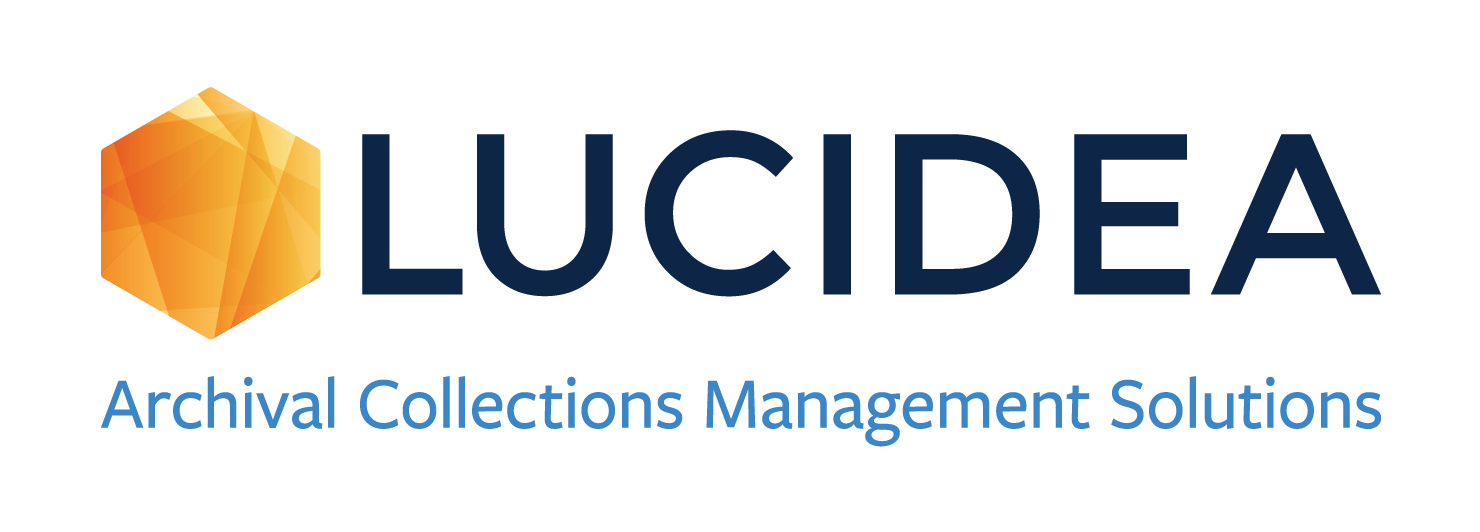

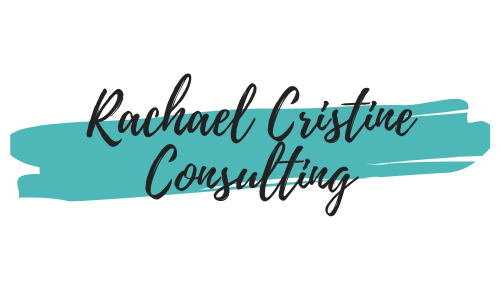
.png)
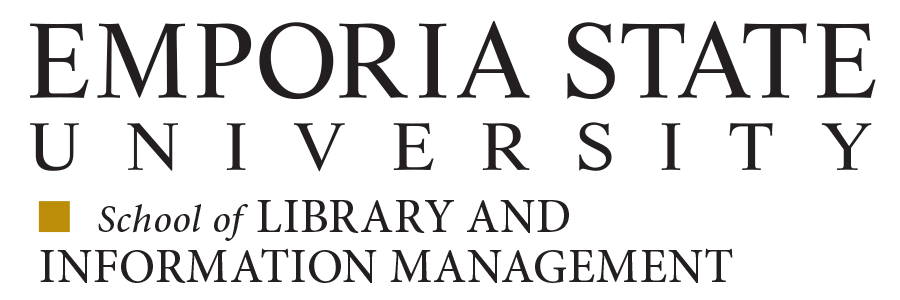

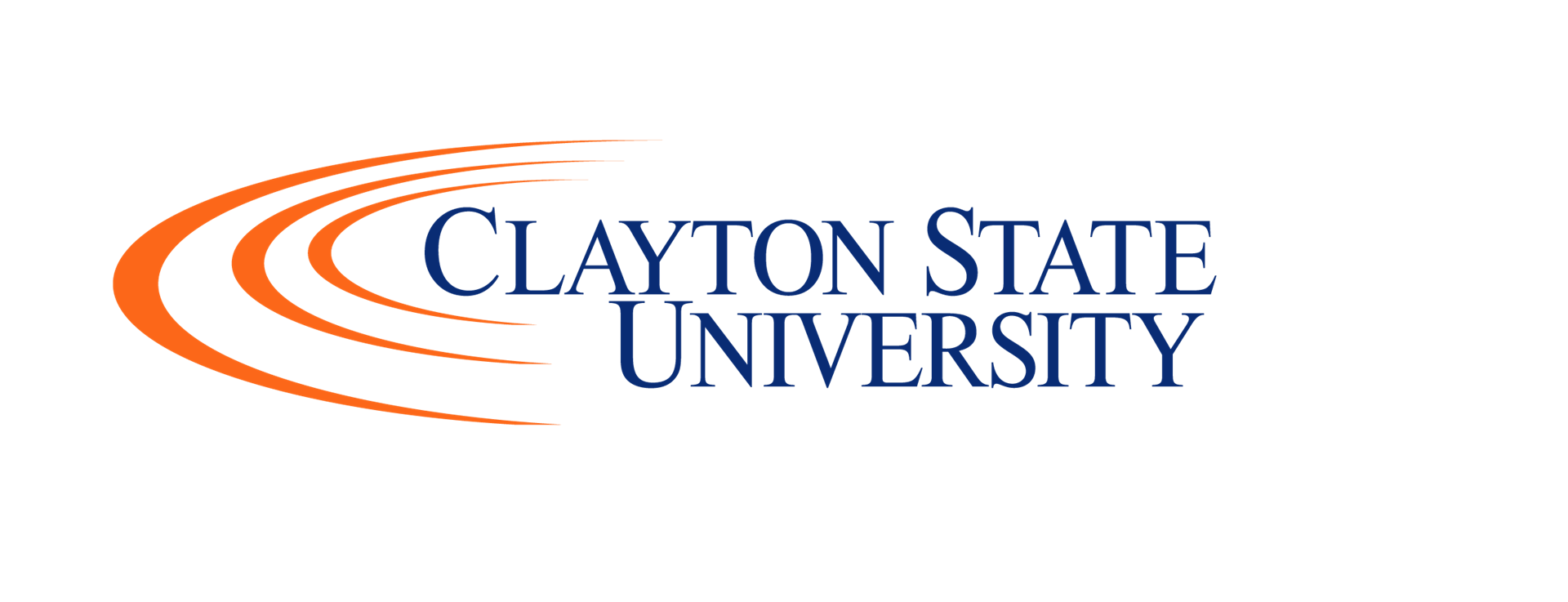
.jpg)

.png)
